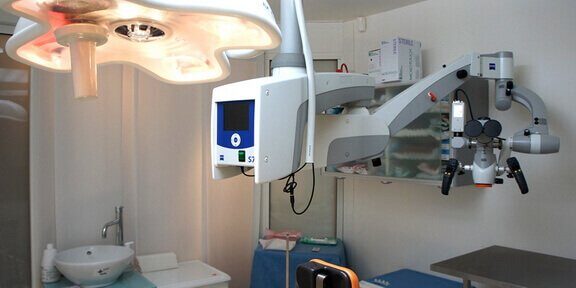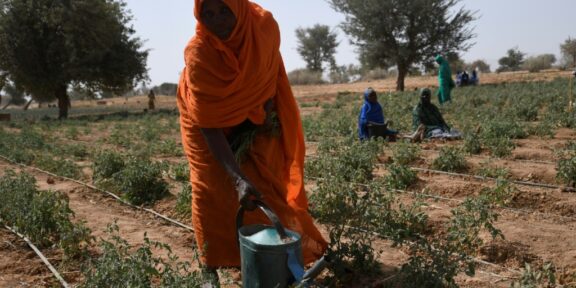Ethiopia’s Prime Minister Abiy Ahmed said Wednesday that he was returning to Addis Ababa from the battlefront after pro-government forces claimed major advances in their fight against Tigrayan rebels.
The government on Monday said pro-Abiy forces had retaken the strategic towns of Dessie and Kombolcha, the latest turn in the 13-month-old war.
After the Tigray People’s Liberation Front (TPLF) rebel group reported significant territorial gains as part of a march towards Addis Ababa, Abiy announced last month that he would head to the battlefront, handing over his regular duties to his deputy.
Since then, state media has broadcast images of a uniformed Abiy, a former lieutenant colonel in the military, as fighting reportedly raged on at least three fronts.
On Wednesday, the 2019 Nobel Peace Prize winner said: “I am returning to the office as I have completed the first phase” of the conflict.
But “the struggle isn’t yet finished. We have areas that haven’t been freed,” he warned in a statement published on social media.
“We should offer a long-lasting solution to make sure the enemy that has tested us doesn’t become a danger to Ethiopia again.”
In recent days, the government has announced the recapture of several small towns, including the UNESCO World Heritage site of Lalibela which is famed for its 12th-century rock-hewn churches.
Late Wednesday, the state-affiliated Fana Broadcasting Corporate reported pro-Abiy forces were marching on Mersa some 90 kilometres (55 miles) north of Dessie, having taken four other towns and other locations on a nearby front.
The TPLF has dismissed the government’s claims, saying the rebels were making strategic withdrawals and remained undefeated.
Fears of a rebel march on Addis Ababa have prompted countries such as the United States, France and Britain to urge their citizens to leave Ethiopia as soon as possible, although Abiy’s government says the city is secure.
– Ceasefire push –
Olusegun Obasanjo, the African Union’s special envoy for the Horn of Africa, is leading a push to broker a ceasefire, but little progress has been reported so far.
The surging conflict has fuelled fears of a potential spillover into the fragile East African region, with Kenyan President Uhuru Kenyatta last month urging both parties to lay down their arms.
Obasanjo visited Kenya on Wednesday, Kenyatta’s office announced, saying the two men “discussed several subjects of importance to Kenya, the region and the African continent”, without offering further details.
The war erupted in November 2020 when Abiy sent troops into Tigray to topple the TPLF — a move he said came in response to rebel attacks on army camps.
But the rebels mounted a shock comeback, recapturing most of Tigray by the end of June before expanding into the neighbouring regions of Amhara and Afar.
The fighting has killed thousands of people, displaced more than two million and driven hundreds of thousands into famine-like conditions, according to UN estimates.
str-amu-np/ah










